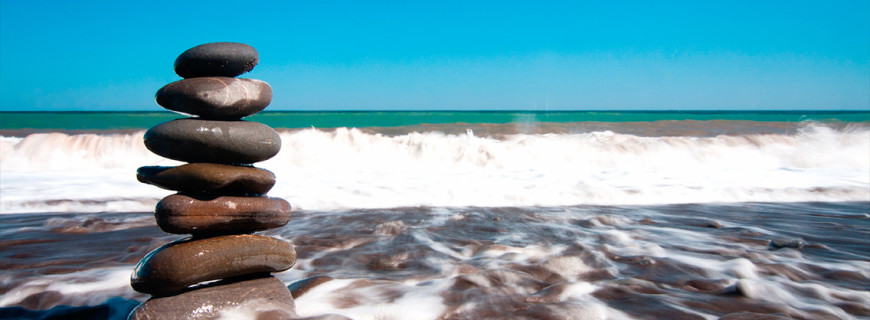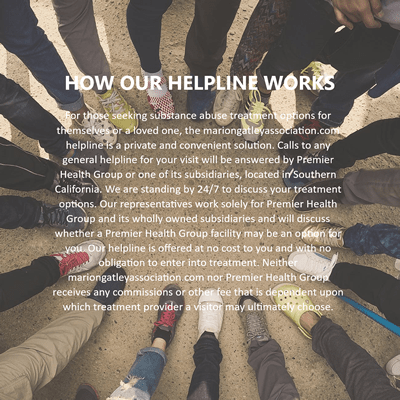It’s a regular part of the weekend. You go out with your friends, drink a little too much, and end up blacking out. You pick yourself up the next morning with a massive hangover, wondering where you are and what exactly you did last night.
For people across America, and especially on college campuses, this situation is a familiar and routine part of drinking. But blackouts are a serious danger to both the drinker and those around them, and are an indicator that treatment is needed in drug rehab.
An alcohol-induced blackout occurs when a person reaches such a high blood alcohol concentration (BAC) that they experience partial or total memory loss during the course of the drinking episode. Half of all drinkers experience alcohol-induced blackouts, which can last between nine hours and three days.
How does alcohol cause temporary amnesia? Alcohol interferes with the brain’s method for processing and storing long-term memories. Long-term memory storage for a sober person involves a three-stage process. Sensory input, such as immediate sights and sounds, is transferred to short-term memory, which typically lasts between 15 and 30 seconds. If rehearsed enough times or if important enough, short-term memory will be encoded, or stored, in long-term memory. Long-term memory contains all sorts of vital bits of information, like what happened yesterday, two months ago, or when you were five, and general knowledge about the world.
When someone has a high BAC level, the alcohol in their body interferes in the crucial step between short-term and long-term memory, meaning that information never reaches long-term memory. No long-term memories are formed, resulting in a blackout or episode of amnesia where the drinker can’t remember what she or he did during the blackout. The more alcohol consumed, the heavier the damage to memory. Even one or two drinks can start to affect memory, but blackouts usually occur between 0.14 and 0.20 blood alcohol concentration. According to a 2004 study that surveyed 50 college students, the average peak BAC during blackout was between 0.30 and 0.35, which translates to roughly 11.5 drinks.
Blackouts are highly dangerous because someone experiencing a blackout can still walk, talk, and participate in sophisticated tasks like conversation, but they have no long-term memory of the event. People who have alcohol-induced blackouts may steal, have unprotected or risky sex with strangers or acquaintances, sexually assault another or be sexually assaulted, spend money, drive a car, participate in vandalism, get in a fight, and more. For some, a blackout can lead to a DUI and sentencing to an addiction treatment center. On top of the obvious danger associated with these activities, blackouts can be scary and distressing.
If you or someone you love is addicted to drugs or alcohol, please contact our understanding representatives today. Our luxury drug rehab program will walk alongside you and support your journey to recovery. After going through a safe, monitored detox, you’ll learn about addiction and how to cope with cravings. Your sobriety is our highest priority here at Intervention Drug Rehab Association. Please make the decision to change your life today.



